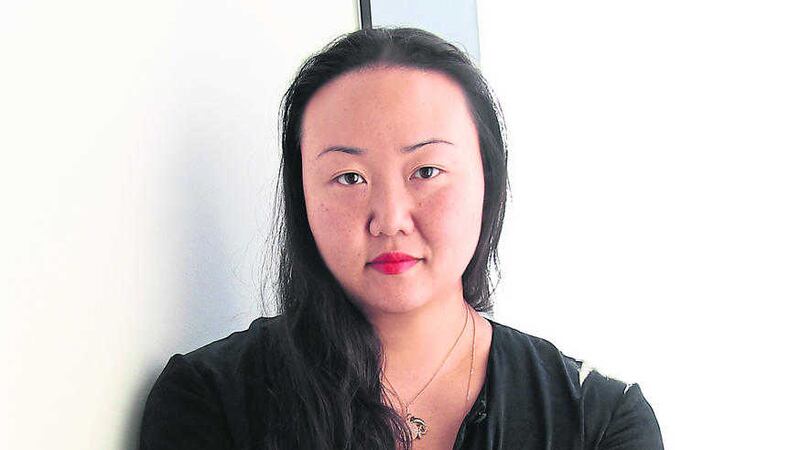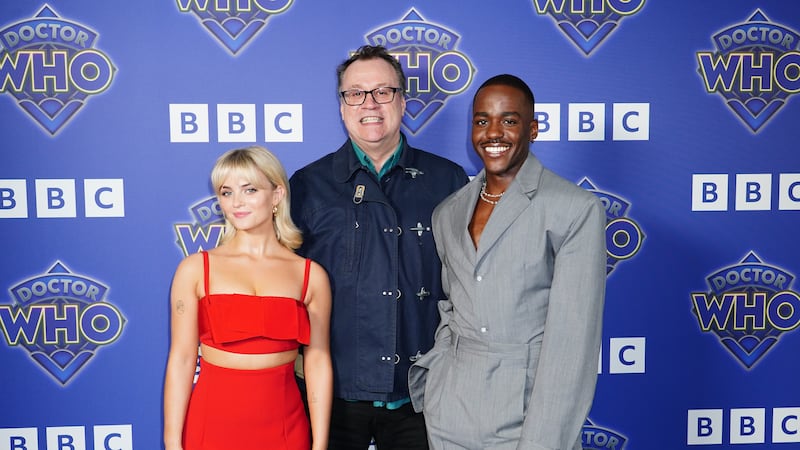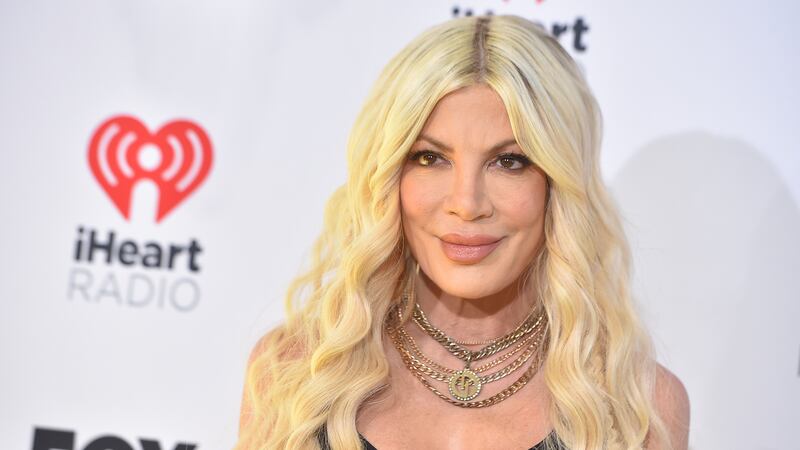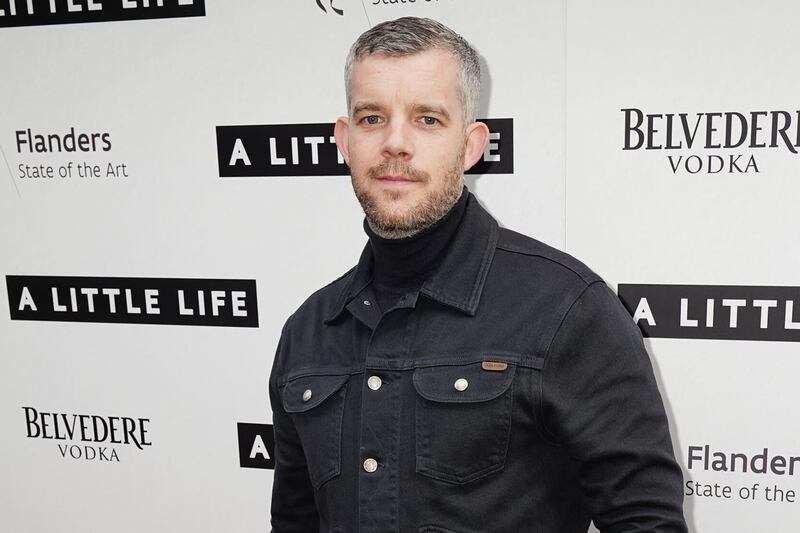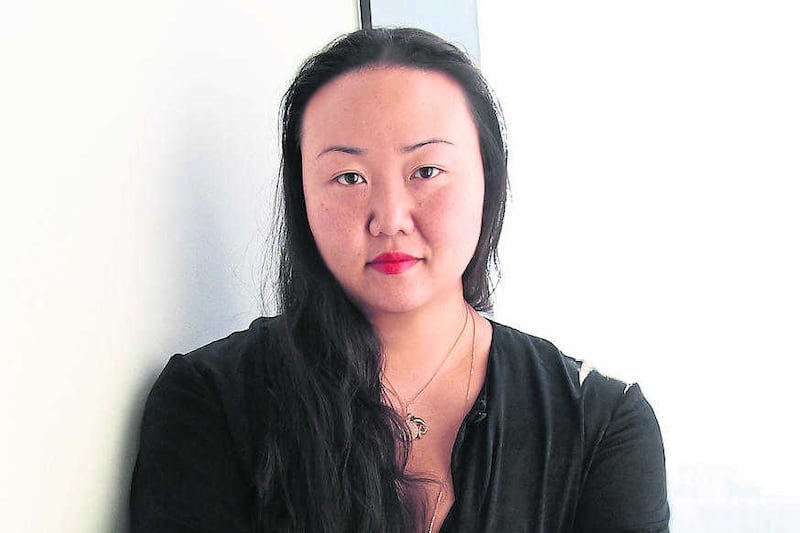WITH her second book, A Little Life, Hanya Yanagihara has made a name for herself. The tome spans 720 pages and is almost twice the length of her debut, The People in the Trees. Its story is set in New York and follows troubled lead character Jude St Francis and his friends Malcolm, Willem and JB over the course of three decades.
It’s an epic tale of suffering and survival; we soon discover that Jude is self-harming, which turns out is his way of coping after being subjected to horrific abuse in his childhood.
The book got rave reviews on publication and was predictably long-listed for the Man Booker Prize, before being shortlisted and then made the bookies’ favourite.
The author says she was “thrilled” to get nominated for the prestigious prize, before she lost out on Tuesday night to winner Marlon James for his book A Brief History of Seven Killings.
“When I was in book publishing 20 years ago it was THE prize that you tracked. It’s one of those rare sorts of honours that does make a huge difference to a book.”
She singles out Irish writer John Banville as one of her literary heroes.
“He’s one of my favourite writers. There’s no-one who writes more beautifully; he can write sentences and descriptions and scenes the way nobody else can.”
Yanagihara – a fourth-generation Hawaiian, born in Los Angeles and based in New York – has been hailed as a “major American novelist” for her epic second novel. She says she had been thinking about the book for a good five years, before writing it from start to finish in 18 months.
“It came to me fairly fully-formed. I wanted to write about a character who really doesn’t get better and who sort of struggles against his own life for the entirety of the book,” she says.
“In fiction we’re used to our characters going through some sort of major change or saving themselves and I think in life that isn’t true. There’s action and plot and forward movement but ultimately the protagonist isn’t able to have life fundamentally changed for him because he’s been so damaged by events beyond his control.”
One particularly interesting aspect of the book, especially considering it spans 30 years, is that it doesn’t reference politics and major world events – meaning it has a timeless feel to it.
“I wanted to take away identifying markers that would allow the reader to feel that they were rooted in one place or another. I think if you say 'This is a post-9/11 book’, readers can make assumptions about what the book is going to be and what experiences the characters are going to have.
“Once you take out historical references, the only thing you’re left with are the characters. It becomes only about the emotional interior life of these characters and so in that way it basically gives the reader nowhere to go. They’re trapped – hopefully compellingly trapped – in this particular world.
“There’s a lot of things that aren’t realistic in it, from the lack of politics and history and the lack of women. I made very deliberate choices to make this world feel very specific and slightly claustrophobic.”
In the book we follow Malcolm, Willem, JB and Jude as they arrive in New York in their early 20s and set out to achieve their ambitions. Sure enough, Willem becomes a film star, Malcolm an internationally renowned architect and JB an artist whose work is displayed at MoMA.
Jude, meanwhile, becomes a hugely successful lawyer; it’s the issue of child abuse and other forms of abuse he suffered that have become, unsurprisingly, a big talking point around A Little Life.
One of Yanagihara’s editors had initially told her that the detailed accounts of abuse would be “too hard for anybody to take” but the author says her goal was “to tell Jude’s story as truthfully and as unflinchingly possible”.
“There were parts that were difficult to write because I’d grown so attached to the characters, but in terms of the abuse it was something that I already knew Jude’s life would be about,” she says.
“I was quite cold-blooded and unsentimental when I sat down to write it. I think that, as a writer, when you do try to shy away from things because you’re uncomfortable or because you think the reader’s going to be uncomfortable, that hesitation always shows itself on the page.
"If you know this is the way the book should be, I think a reader will follow you there if they sense that you’re unapologetic about it.”
While she thinks it might be difficult for A Little Life to be adapted for film, she could see it as a mini-series.
“Yeah, I’d love it to be a series; that could be really interesting. Nobody’s come offering just yet. I’m waiting,” she laughs.
She says she had the title A Little Life from an early stage.
“The meaning is that our lives are all equally small – which is not to say insignificant. Our only struggle and duty is to try to find out how to negotiate our lives.”
:: A Little Life is out now, published by Picador.
